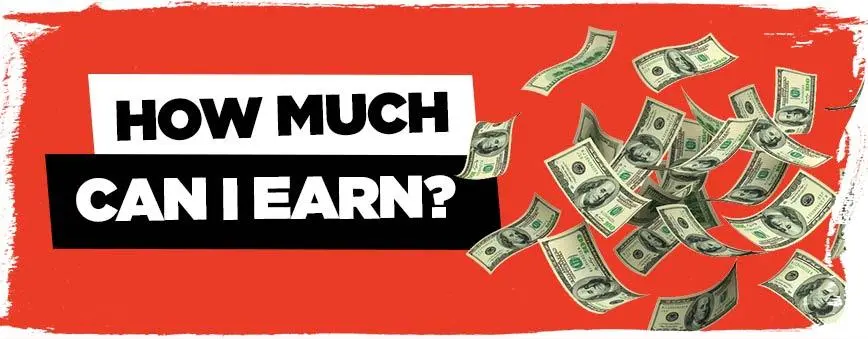
Inflation, a term that often stirs up concern among individuals and policymakers alike, can be a double-edged sword. It can play the role of both a friend and a foe, depending on the circumstances.
On one hand, inflation can be a friend, indicative of a robust economy. It can be particularly beneficial for those burdened with significant debt, as inflation can diminish their debt load in real terms. This is especially true if they can manage the higher interest payments that typically accompany increased inflation.
However, inflation isn’t always benign. It can turn into a foe, eroding the value of savings and impacting those on fixed incomes, such as retirees relying on pensions. Higher inflation rates can lead to increased liabilities, which can affect funding levels, especially in a low-interest-rate environment. Moreover, if policies are sufficiently relaxed to achieve a higher inflation target, there’s a risk that inflation could exceed the target and spiral out of control.
In conclusion, the impact of inflation can vary greatly depending on a variety of factors, including one’s financial situation and the overall health of the economy. Policymakers are tasked with the delicate balancing act of managing inflation to maximize its benefits and minimize its potential harm.







